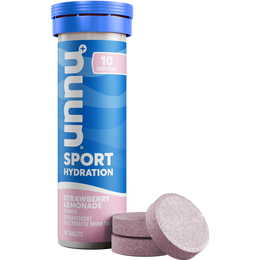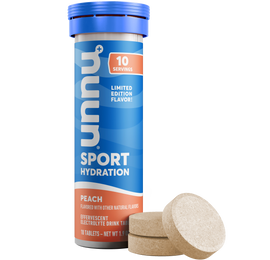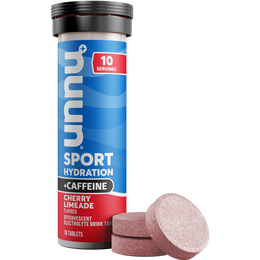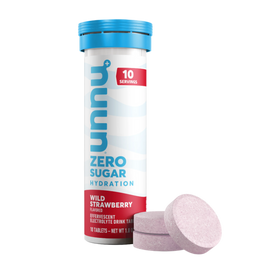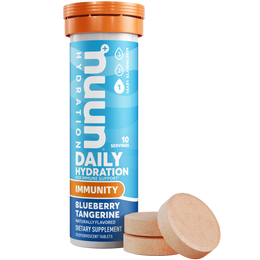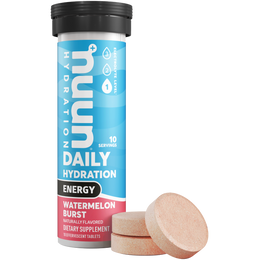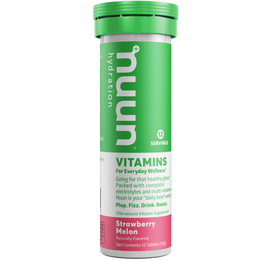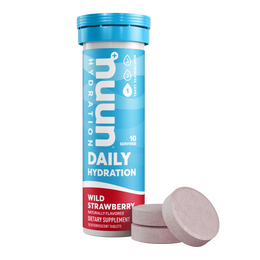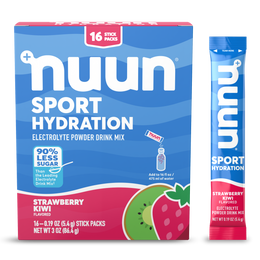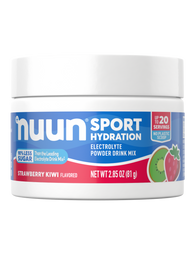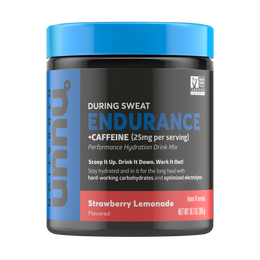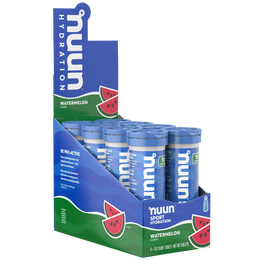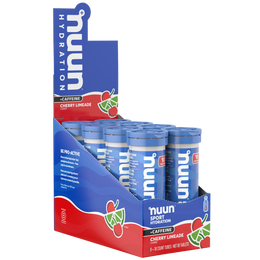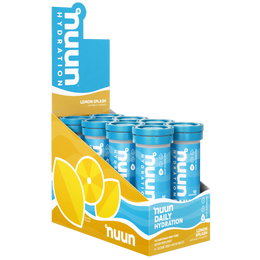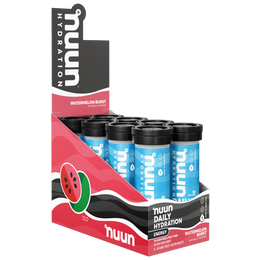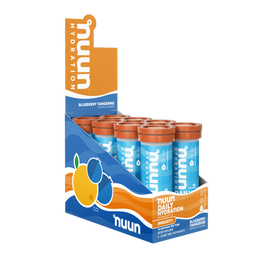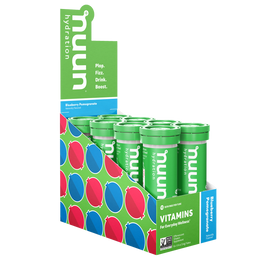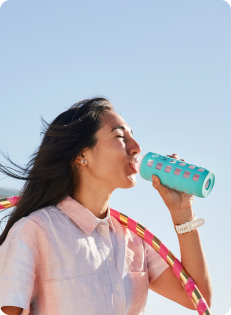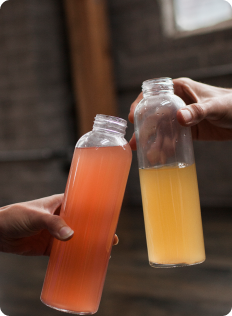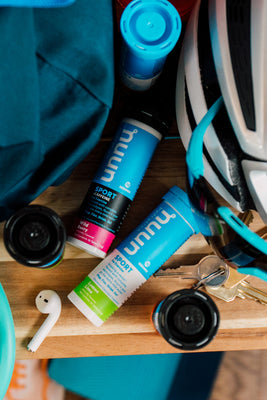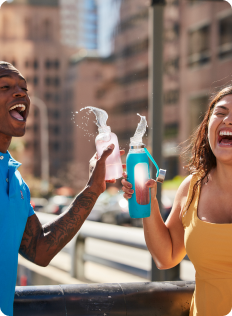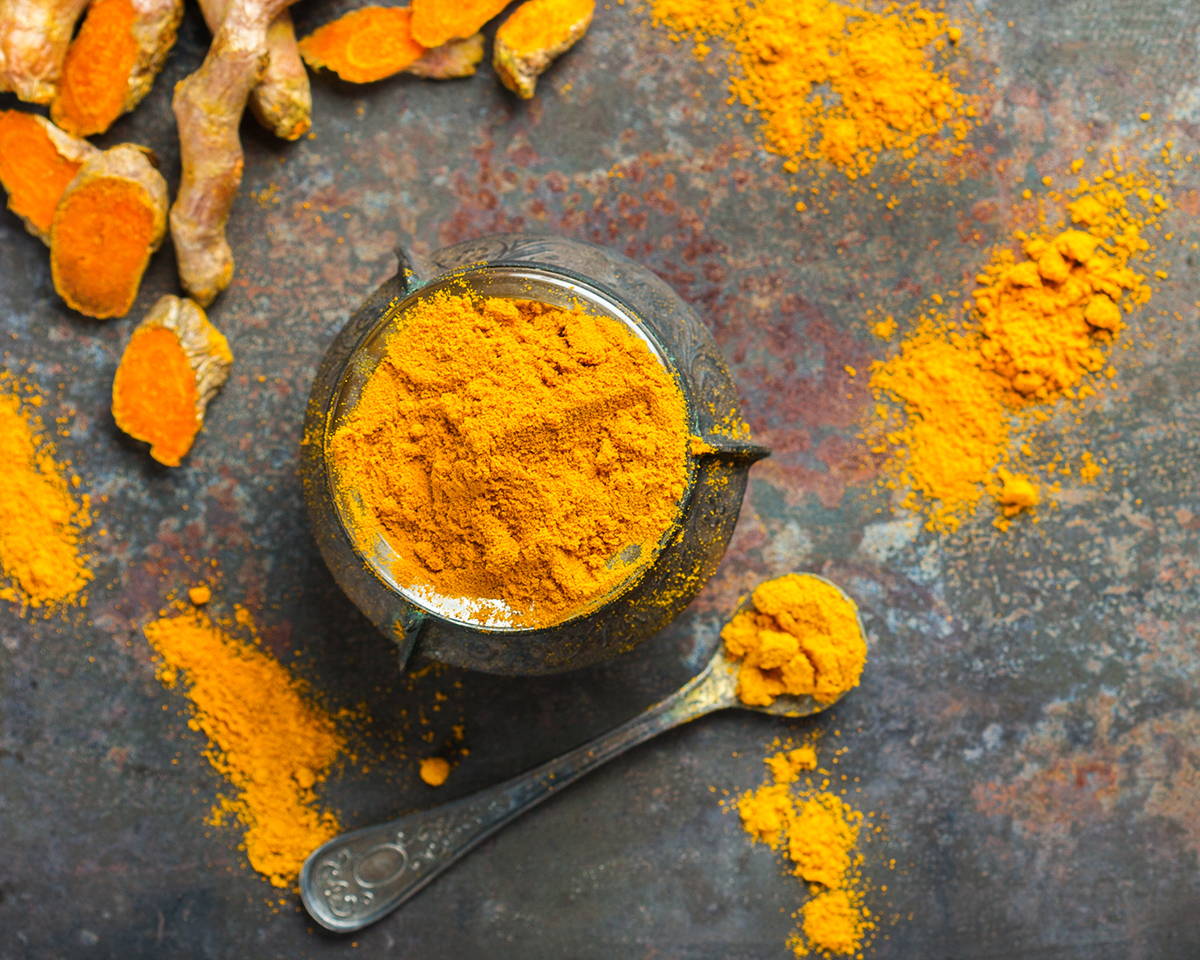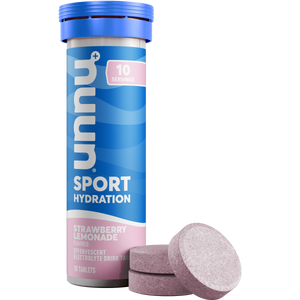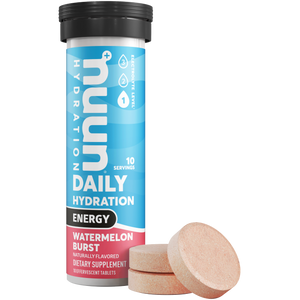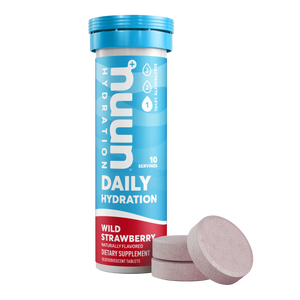The next time you get a headache, ask yourself, “Did I drink enough water today?” Your easiest and healthiest solution could very well be a glass full of H2O.
What Is a Dehydration Headache?
A dehydration headache is just what it sounds like: not enough water intake over some time, causing a headache. Since the brain is more than 70% water, having a healthy hydration routine is essential for optimal performance and feeling your best.
There are different types of headaches, ranging from chronic migraines to those caused by lack of sleep, and it’s important to know where dehydration headaches sit on the spectrum. Dehydration headaches are a symptom of something else, so this type is referred to as a secondary headache.
How Do I Know If I Have a Dehydration Headache?
You might have a dehydration headache if you’re feeling irritable, thirsty, and fatigued. While these signs can accompany any headache, you can also ask yourself the following:
-
How many caffeinated drinks did I have today?
-
Did I have a few too many alcoholic drinks last night?
-
How many times have I refilled my water bottle?
-
Have I eaten enough food today? (If you skipped breakfast or missed lunch, that can contribute to a dehydration headache, since much of the water we consume comes from food.)
The adage “hurry up and wait” comes to mind when trying to figure out if you have a dehydration headache. Drink some water and see how you feel in half –an hour to an hour. You’ll know you had a dehydration headache if the pain lessens or disappears. You can also speed up the process with electrolytes in a dehydration headache remedy , which hydrates faster than water alone.
And for the record, chugging a bottle of plain water is not the best way to solve the problem. That’s like cramming for an exam! Establishing a regular hydration routine throughout the day is a better way to keep your body optimally hydrated and prevent dehydration headaches at bay. Adding electrolytes will ensure that the water you drink enters your bloodstream quickly, rather than flushing straight through.
"The more we understand the connection between dehydration and headaches, the fast we can identify and solve the problem."
How Do I Cure My Dehydration Headache?
People often say “Ugh, this _____ gives me a headache!” for anything between a traffic jam and a neighbor’s band practice.
While it’s a casual expression, it does point to the fact that we understand the cause-and-effect relationship between our environment and headaches. The more we understand the connection between dehydration and headaches, the faster we can identify and solve the problem. For example: “Ugh, this lack of hydration gives me a headache.” Simple! Drink more water.
This study catalogs what people believe trigger the most intense headaches. At the top of the list? Stress, missing meals, and dehydration. This shows that many people know dehydration headaches can really hurt, but they may underestimate their frequency.
The study participants estimated that dehydration headaches occur around twice a month, less often than other triggers like heavy exercise, not getting enough sleep, and salty foods. But dehydration plays a role in all three of those examples, too! Put it all together, and dehydration headaches may be affecting our lives more frequently than we realize.
Stay Hydrated, Stay Focused
Since we’re all human, we sometimes forget to keep our hydration in check. Our brains let us know and give us a headache to say, “hey, you’re forgetting something pretty important!”
Even if we know the causes of our headaches, sometimes we rush to the medicine cabinet out of habit for that quick fix. However, ibuprofen doesn’t cure a stressful day, an empty stomach, or dehydration. But you know what could help? Having a big ol’ glass of water.
If you need a little more inspiration, consider this study: A small trial took people who reported having moderate to severe headachesregularly and not meeting recommended daily liquid intake goals (2.5 liters). They were then instructed to drink more water for a month. The result: a statistically significant number of participants experienced an improvement in their headaches!
Your well-being depends on water. Now that we can prevent these annoying little headaches, we should all get up right now (yes, this very moment) and go get some of that H2O. Lastly, stock up on plenty of Nuun tablets to get your electrolyte fix.
Frequently Asked Questions
Does Dehydration Cause Headaches?
Yes, being dehydrated can cause headaches. This can lead to irritability, difficulty focusing, and added stress. Proper hydration throughout the day, especially in warm weather, will help you attain a healthier lifestyle.
I Drink Coffee/Tea. Does That Help with Water Intake?
While coffee and tea are made with water, their dehydrating effects make them less hydrating than plain water or an electrolyte-infused beverage.
How Do I Know That It’s a Dehydration Headache?
Headaches can vary in intensity and pain. If you feel you have a low-intensity or acute headache, drinking water can be the first step to understanding which headache you may have. If your headache wanes in the following 30 minutes to two hours, then it’s likely the headache was caused due to low hydration.
What Do Dehydration Headaches Feel Like?
Dehydration headaches feel like a dull throbbing pain. Walking around and doing any physical activity could make the pain feel worse. You may feel irritable and have difficulty focusing. The dehydration headache location varies, but is commonly felt in the top and back of the head.
How Long Do Dehydration Headaches Last?
Typically, dehydration headaches usually last for a few hours, and should improve shortly after rehydration. However, if you don’t rehydrate, dehydration headaches can last longer than a day. See your healthcare professional if your dehydration headache won’t go away even after drinking electrolyte-rich fluids.
Key Takeaways
-
Dehydration is a common and preventable cause of headaches.
It occurs when you haven’t had enough water, and since the brain is over 70% water, staying hydrated is key to avoiding this secondary type of headache.
-
Drink water before turning to medication.
Dehydration headaches often ease or disappear within 30–60 minutes after drinking water, especially when paired with electrolytes, making it a simple first remedy.
-
Caffeine and alcohol can worsen dehydration.
Coffee, tea, and alcohol have diuretic effects that deplete your body’s water levels, increasing the likelihood of a dehydration-induced headache.
-
Skipping meals also contributes to dehydration.
Since we get a lot of water from food, missing meals can reduce hydration and trigger headaches.
-
Symptoms include dull throbbing, fatigue, and irritability.
These headaches often feel worse with movement and are typically felt at the top or back of the head. Difficulty focusing is also common.
-
Consistent hydration throughout the day is essential.
Rather than chugging water only when a headache hits, maintaining steady water intake—ideally with electrolytes—helps prevent headaches before they start.
